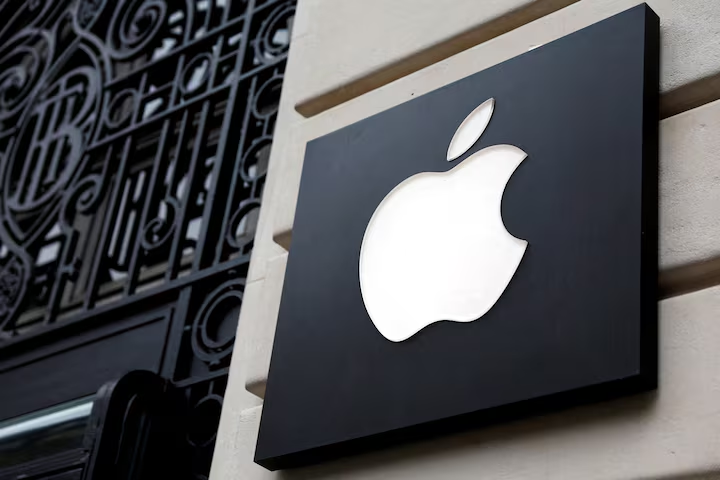A Russian court has fined Apple Inc. 1 million rubles (approximately $11,000 USD) for allegedly violating the country’s controversial LGBTQ+ “propaganda” law, citing the availability of content promoting “non-traditional sexual relationships” on the company’s App Store. The ruling, issued on Monday, May 19, 2025, is the latest in a series of moves by Russian authorities to clamp down on Western tech firms and assert stricter control over digital content.
Apple has not publicly commented on the ruling, and it remains unclear whether the company will pay the fine or challenge it in court. The tech giant has previously faced similar regulatory action in Russia but has generally opted for quiet compliance in order to preserve market access.
Russia’s so-called “gay propaganda law,” first enacted in 2013 and expanded in 2022 and 2023, criminalizes public expressions of LGBTQ+ identity and the sharing of related information with minors. Critics argue the legislation violates freedom of expression, digital rights, and human dignity, while Russian officials defend it as a measure to “protect traditional values.”
The Russian internet watchdog Roskomnadzor brought the case against Apple, claiming that the company was warned multiple times to block access to flagged content. Apple’s failure to act, they said, constituted a “systematic breach” of federal law.
“Apple continues to distribute content that contradicts the moral foundations of our society,” said a spokesperson for Roskomnadzor. “All digital platforms operating in Russia must adhere to our legal standards, regardless of their origin.”
The ruling underscores increasing tensions between Western tech companies and the Kremlin, especially since the invasion of Ukraine in 2022. Companies like Google, Meta, and Amazon have all faced fines, service restrictions, or outright bans for failing to comply with Russian content laws and data localization mandates.
Human rights advocates condemned the court’s decision, calling it another step in the erosion of free expression and a troubling sign of state-sponsored homophobia.
“Russia is weaponizing its judiciary to silence and marginalize LGBTQ+ people,” said Tanya Lokshina, associate director for Europe and Central Asia at Human Rights Watch. “By targeting a global platform like Apple, the government is trying to globalize its censorship.”
Digital rights groups also warned that increased compliance by global tech firms could lead to a fragmented internet, where companies tailor services to authoritarian standards in order to avoid penalties or bans.
While the financial penalty is minor for a company as large as Apple, the symbolic weight is substantial. It places the tech giant in a growing list of Western companies forced to navigate ethical dilemmas between human rights values and business interests in authoritarian markets.
Apple’s response is being closely watched. The company has made public commitments to privacy, human rights, and inclusion, but has also been criticized for limiting services or censoring apps in countries like China, India, and now Russia to comply with local laws.
As of now, the App Store remains active in Russia, though the number of available apps and services has decreased due to sanctions and market exits by developers unwilling to operate under restrictive conditions.
This latest ruling may further strain Apple’s already fragile position in the Russian market. It also sends a broader message to global companies: in today’s geopolitical climate, operating across borders often means choosing between values and access.
Source; Reuters



